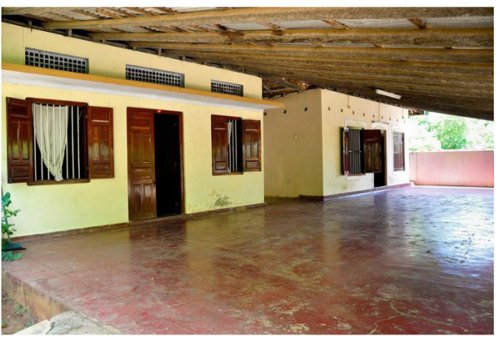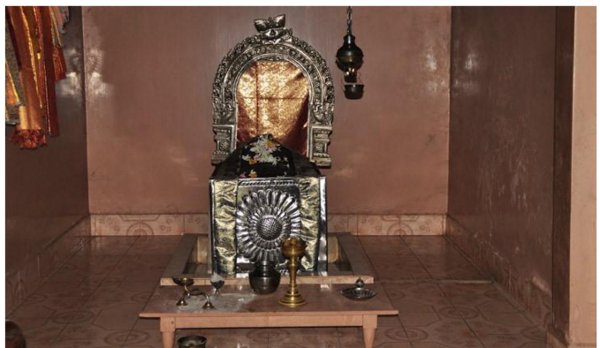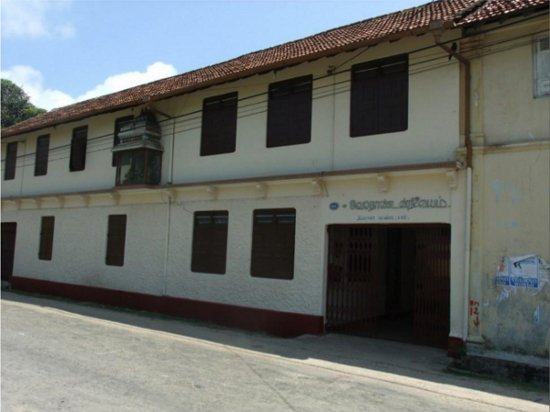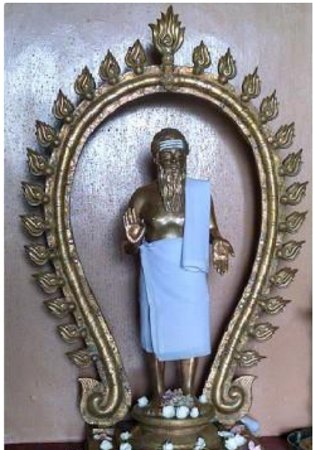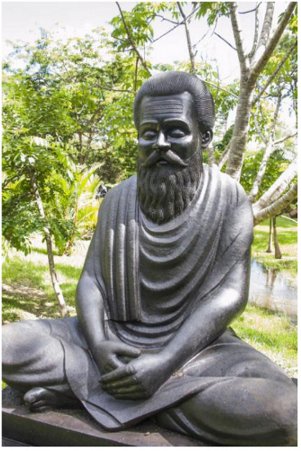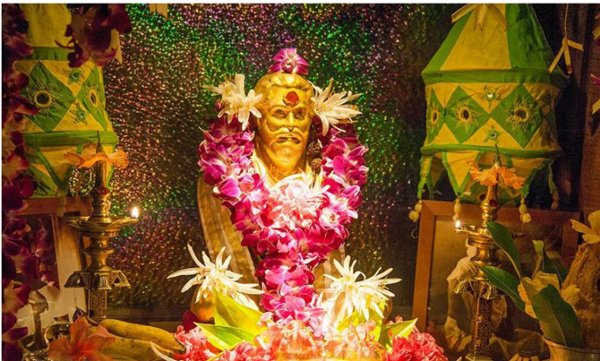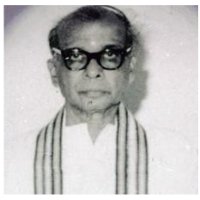Yogaswami’s
Words of Grace-III
(Compiled by Sivanadiyan)§
God is indivisible. Man is divisible..§
No body has seen God. God is all. All are doing penance.§
There is no going and no coming. But, there is going and coming. We should understand this strange thing.§
In Saivism there is room for all type of worships. Each Soul can worship according to its nature.§
There will be differences always. But, we can remain by not getting affected with those differences.§
No body Dies.§
The World is and is not.§
There is nothing, when you look from the top.§
God is with everyone. Those who search see Him. Others don’t see Him.§
God appears sometimes as Subramaniyar, sometimes as Pillaiyar, and sometimes as Saraswathi.§
Everybody has adequate wealth according to their needs. Failing to acknowledge this, man wanders with frustration.§
You and I are of same age. If you understand this calculation, you will know all.§
Masu (dirt) means forgetting to accept that everything is GOD’S ACTION.§
Sivamayam§
Dear Navaratna!§
To conquer the consequences of Karma§
No key found in Vedas and all Books in library §
Watch the mind closely, otherwise§
Do not get distressed, Oh Mind§
No fate for dwellers in celestial world.§
Yours,§
The One who never forgets §
7.2.34§
Noble Secret
We all belong to One Religion and one Caste.§
There is no differences among us.§
We are pure and we have been placed in God.§
All different changes reflect the special qualities of True Nature.§
The wise say it is Maya.§
Only the virtuous people can realize this Truth, others will not understand.§
That’s the reason the Saints repeatedly urge us to treat all life as our own life.§
So, everything rests in virtuous life.§
So by leading virtuous life and and regarding all life as your life continuously, wonderful experiences happen and through them, one will realize that he is not inanimate being but intelligent being.§
Sivamayam§
14-11-33§
Suppaiya,§
The saying “There is nothing to fear, nothing causes the fear” is the lifeboat to cross the ocean of births and deaths. This is our companion, therefore nothing lacks. As such let us embark on this long journey with heartful joy.§
“As ‘A’ is life in all letters, God as Absolute Intelligence, without comparison pervades everywhere in full.”§
Sincerely,§
The one who never forgets.§
Yoga Swamigal's Mahasamadhi Shrine (left) and Former Home (right) in Columbuthurai, Jaffna§
Yoga Swamigal’s Holy Feet (Patham) in a Shrine at His Former Residence.§
Sivathondan Nilayam in Jaffna§
Yoga Swamigal’s Murti in Sivathondan Nilayam§
Yoga Swamigal’s Statue in Kauai Monastery, USA§
Yoga Swamigal’s Murti at Kauai Monastery, USA§
Mr. S. Ambikaipakan was born on May 3, 1908 in Chunnakam, Sri Lanka. He had his early education at Jaffna Hindu College and received the Bachelor of Arts Degree from the prestigious Presidency College in Chennai, India. He married Nagulambikai in 1941 and lived in Mallakam, Sri Lanka. While living in Chennai, he was a regular visitor to Ramakrishna Mission, and became a lifelong follower of the teachings of Sri Ramakrishnar Paramahamsar, Swami Vivekanadar and Sarada Devi Ammayar. This association also led to his appointment as a teacher first at Batticaloa Sivanantha Vidyalyam, and later as Principal of Jaffna Vaidyeshwara Vidyalayam by Swami Vipulanandar. This school initially had 150 students, and Mr. Ambikaipakan’s untiring effort led to the transformation to a Grade A school with 1500 students and fifty teachers, at the time when he retired in 1968 after 33 years of service. He also greatly contributed to establishment of Ramanathan Music Academy and University of Jaffna, and served as Founder Senate a member of the first Governing Council Body of University of Jaffna. Previously, he served as a Senate member at the University of Ceylon, Peradeniya. He was associated with Yoga Swamigal since his school days and was a close disciple of Swamigal. He has authored several articles and books both in Tamil and English, and devoted his entire life for the development of Saivism and Tamil culture. He played an active role in organizing several religious and Tamil cultural functions conducted in the twentieth century in Jaffna. He was very active until his death on January 26, 1986.§
